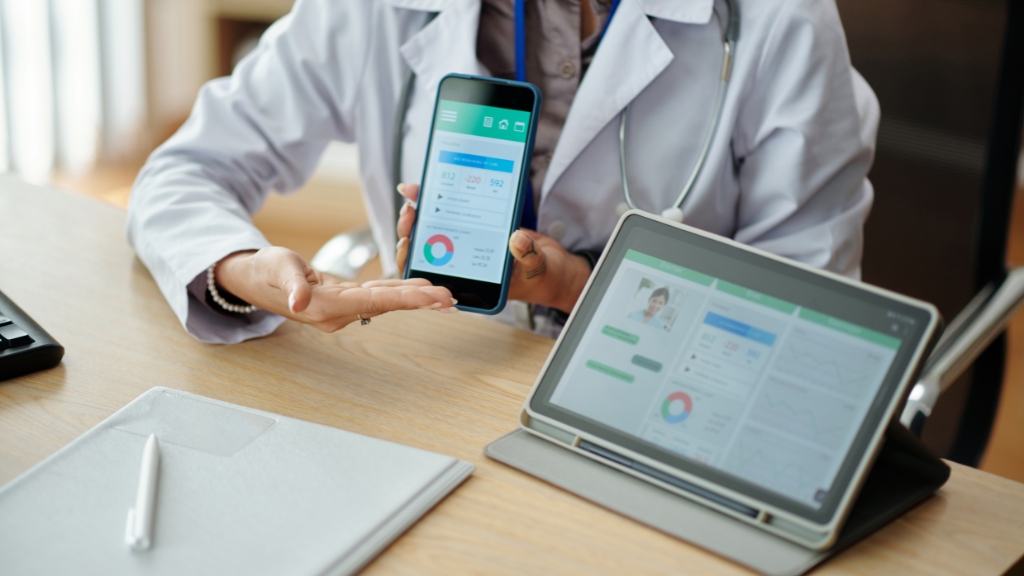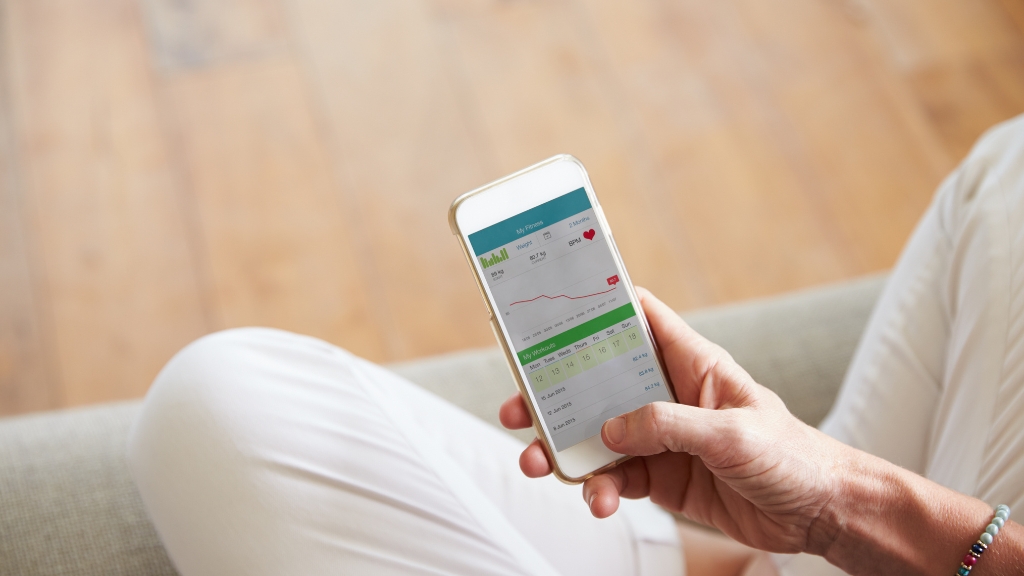
Next-Gen Health: The Future of Healthcare Apps
Introduction: The Evolution of Healthcare Apps
Healthcare apps have already revolutionized how we manage our health, but the future promises even more exciting developments. As technology advances, next-generation healthcare apps are set to play an increasingly significant role in our lives. From AI-powered diagnostics to personalized treatment plans, these apps are poised to transform healthcare into a more patient-centered, efficient, and accessible system.
AI and Machine Learning in Healthcare Apps
Artificial intelligence (AI) and machine learning (ML) are at the forefront of next-gen healthcare apps. These technologies enable apps to analyze vast amounts of data, providing personalized health recommendations, early disease detection, and accurate diagnostics. For example, AI-powered apps can analyze symptoms and patient history to suggest possible conditions, guiding users to seek timely medical intervention. Machine learning algorithms continuously learn from user data, refining their predictions and recommendations, which leads to more effective health management.
Telemedicine: Expanding Access to Care
Telemedicine has already made healthcare more accessible, but future healthcare apps will take this to the next level. Advanced telemedicine apps will offer seamless integration with wearable devices, enabling real-time monitoring of vital signs during virtual consultations. This continuous data stream allows healthcare providers to make informed decisions, even from a distance. Additionally, AI-driven virtual assistants within these apps can provide instant responses to patient queries, reducing the need for in-person visits and improving overall efficiency.
Personalized Medicine: Tailoring Treatments
The future of healthcare apps lies in personalized medicine. By leveraging genetic data, lifestyle factors, and patient preferences, next-gen apps will create highly customized treatment plans. These apps can suggest specific medications, dietary changes, and exercise routines that are tailored to an individual’s unique health profile. This personalized approach not only enhances treatment effectiveness but also minimizes adverse effects, leading to better patient outcomes.
Blockchain for Secure Health Data Management
With the increasing digitization of healthcare, data security and privacy are paramount. Next-gen healthcare apps are expected to incorporate blockchain technology to ensure secure and transparent data management. Blockchain’s decentralized nature prevents unauthorized access and tampering, giving patients more control over their health data. This technology also facilitates secure sharing of medical records among different healthcare providers, improving coordination of care and reducing medical errors.
Wearable Technology and Continuous Monitoring
Wearable technology is set to play a critical role in the future of healthcare apps. Devices like smartwatches and fitness trackers will be integrated with apps to provide continuous health monitoring. These apps will track metrics such as heart rate, blood pressure, and sleep patterns, alerting users and healthcare providers to any abnormalities. This real-time monitoring enables early detection of potential health issues, allowing for timely interventions and better management of chronic conditions.
Enhanced Patient Engagement and Education
Future healthcare apps will not only provide medical services but also focus on patient education and engagement. Interactive features, such as quizzes, video tutorials, and health challenges, will help users better understand their conditions and treatment plans. Gamification elements will be incorporated to motivate users to adhere to their health goals, such as taking medications on time or reaching fitness milestones. This proactive approach fosters a sense of ownership over one’s health, leading to healthier lifestyles and improved well-being.
Challenges and Ethical Considerations
While the future of healthcare apps is promising, there are challenges and ethical considerations to address. Ensuring the accuracy of AI-driven diagnoses, maintaining data privacy, and avoiding over-reliance on technology are critical issues that need careful management. Additionally, the digital divide must be bridged to ensure that all populations, regardless of socioeconomic status, can access and benefit from these advanced healthcare apps.
Conclusion: Embracing the Future of Healthcare
The future of healthcare apps is bright, with next-gen technologies poised to transform the industry. AI, telemedicine, personalized medicine, and wearable technology will work together to create a more efficient, patient-centered healthcare system. As these innovations continue to develop, they will bring us closer to a future where healthcare is more accessible, personalized, and effective for everyone.
Leave a Reply
- AI in Diagnostics: Revolutionizing Early Detection and Accuracy
- How AI and Advanced Analytics Are Transforming Healthcare Outcomes
- Investing with Confidence: The Role of ROI Calculators
- How ROI Calculators Drive Data-Driven Business Strategies
- The Ultimate Guide to ROI Calculators for Business Success
- Making Sense of ROI Calculators: A Comprehensive Guide
- June 2025 (1)
- May 2025 (1)
- October 2024 (2)
- September 2024 (31)
- August 2024 (31)
- July 2024 (27)
- June 2024 (28)
- May 2024 (30)
- April 2024 (33)
- March 2024 (23)
- February 2024 (29)
- January 2024 (3)
- December 2023 (47)
- November 2023 (36)
- October 2023 (23)
- September 2023 (2)
- June 2023 (2)
- May 2023 (13)
- April 2023 (1)




